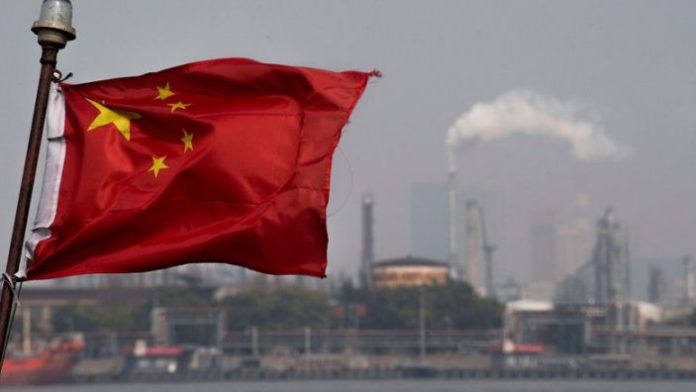Oil futures drifted lower Monday, undercut by the hit to Chinese demand for crude in the wake of the coronavirus outbreak and indications OPEC and its allies are unlikely to immediately deliver an additional cut to production.
“While virtually all market estimates now see a significant downward revision to Chinese crude demand growth in 2020, the scale of that decline remains unclear,” said Robbie Fraser, senior commodity analyst at Schneider Electric, in a daily note.
“If that outbreak continues to be a major factor into the second half of the year though, it could not only wipe out Chinese demand growth, but could potentially drop global demand growth expectations by more than 50% for the year,” he said. “That’s particularly worrisome for OPEC+ members, many of whom consider the Chinese market to be a priority both for it’s absolute demand and future growth potential.”
West Texas Intermediate crude for March delivery CLH20, -1.59% fell 31 cents, or 0.6%, to $50.02 a barrel on the New York Mercantile Exchange, while April Brent crude BRNJ20, -2.31% lost 49 cents, or 0.9%, to $53.98 a barrel on ICE Futures Europe.
It remains unclear if the Organization of the Petroleum Exporting Countries and its allies, particularly Russia, will move to further cut production beyond an existing agreement on output curbs. A joint technical committee meeting last week suggested an additional production cut of 600,000 barrels a day, but Russia said it needed more time to consider the proposal.
According to a press release on OPEC’s website, the JTC said it recommended the additional output adjustment through the end of the second quarter, as well as an extension of the voluntary production reductions under the current production pact to the end of the year. The current OPEC+ output agreement had called for a reduction of 1.7 million barrels a day from the start of this year to the end of March.
Meanwhile, citing data from Sublime China Information, analysts at ING said refinery run rates for independent refiners in Shandong stood at 50.33% as of Feb. 7, down from 64.56% ahead of the Lunar New Year holidays. A buildup in stocks of petroleum products as a result of the coronavirus spread and subsequent shutdowns across China has forced refiners to cut run rates, the analysts said.
Chinese factories were due to begin reopening Monday after an extended Lunar New Year shutdown that was implemented in an effort to slow the spread of the virus.
Oil fell into a bear market, marked by a tumble of more than 20% from a recent peak, last week after worries over the hit to global demand from the coronavirus sparked a selloff.
See: Investors brace for coronavirus shock as China factories begin to reopen Monday
China’s health ministry on Monday said another 3,062 cases had been reported over the previous 24 hours, raising the mainland’s total to 40,171. The death toll grew by 97 to 908. The death toll has surpassed the 774 attributed to SARS, a 2003 viral outbreak that originated in China.
The director-general of the World Health Organization warned Sunday that countries outside of China should be prepared for the spread of the coronavirus to accelerate.
In other energy trading, March gasoline RBH20, -0.21% fell 1.1% to $1.5066 a gallon, while March heating oil HOH20, -1.87% was off 1.4% at $1.6197 a gallon.
March natural gas NGH20, -4.79% dropped 3.7% to $1.789 per million British thermal units.















